
This is the architect who changed everything in Toronto
Conversations about Toronto architecture often focus on the birth of the City Hall and the TD Centre in the 1960s as defining moments in the modernization of design in Toronto.
It's tough to argue against the profound influence both of these structures, but it's also imperative to note the pioneering force that John C. Parkin was in making Toronto a modern city a decade earlier.
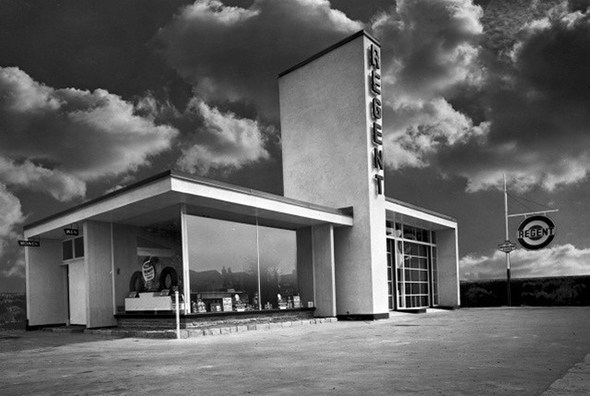
This process started well before Viljo Revell won the design competition to build a new municipal headquarters in Toronto.
In fact, you'd want to go back to 1947 when John B. Parkin and John C. Parkin (no relation) joined forces to start the firm John B. Parkin and Associates.
The similar names can lead to confusion, but John C. was the design lead, while John B. ran the business.
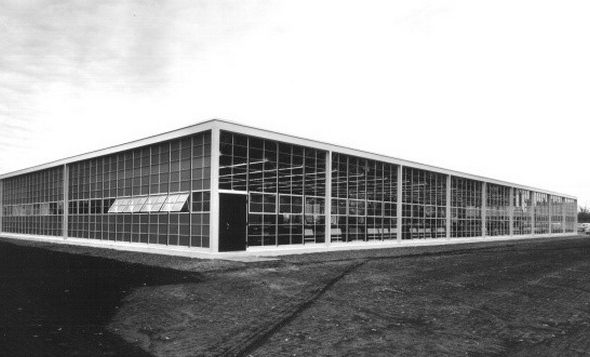
While far too many of John C. Parkin's buildings have been demolished over the years, including the glorious Bata Building on Wynford Drive, there's ample evidence of his footprint on Toronto.
One of the most significant of these is a small building tucked at 50 Park Rd. in Rosedale.
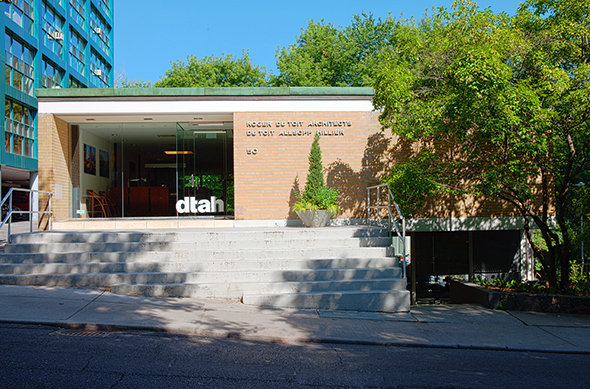
Formerly the home of the Ontario Association of Architects, the structure dates back to 1954, and caused quite a stir when it first opened for its utter simplicity and unabashed modernism.
It doesn't seem like much today, but Toronto hadn't seen anything like it at the time. Still, Parkin was only getting started.
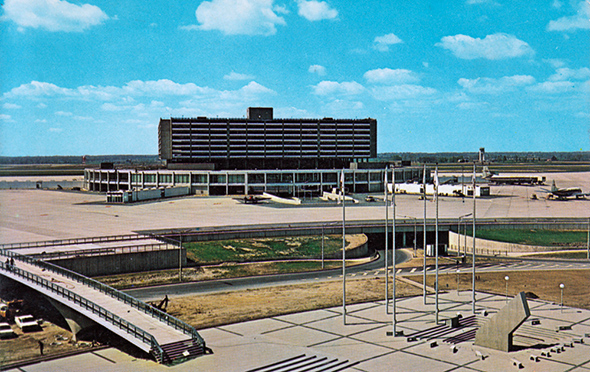
Over the next 15 years, Parkin would change the face of Toronto with such landmark buildings as Rosedale Subway Station (1954), Sidney Smith Hall (1961), the Sun Life Building (1961), Yorkdale Shopping Centre (1964), Aeroquay No. 1 (1965), Don Mills Collegiate (1965), the IBM Canada Headquarters (1967), and the Simpson Tower (1969).
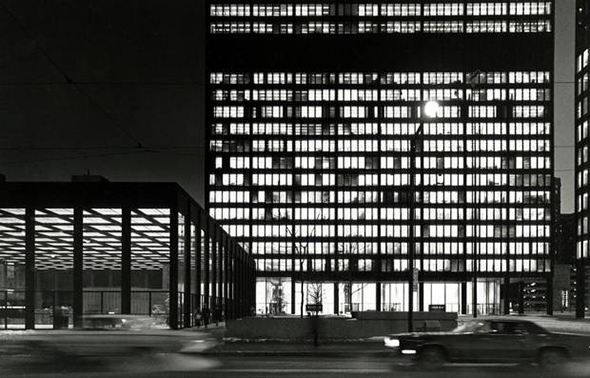
Wouldn't you know it, the firm would also play a supporting role in the design of the TD Centre alongside Mies van der Rohe and Bregman + Hamann Architects. It's seems fitting that Toronto's best modern building to this day bears Parkin's name.
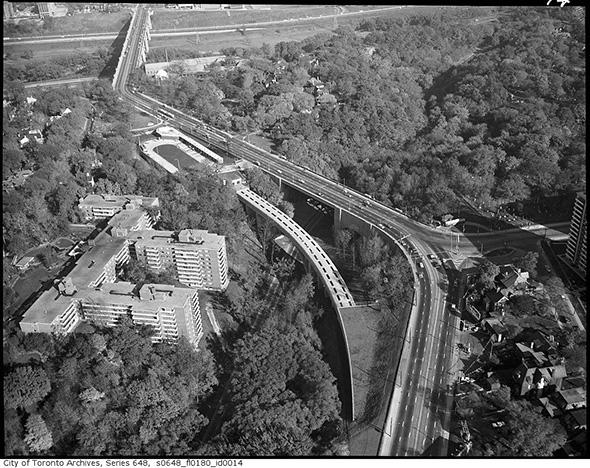
Less known, is that Parkin was instrumental in the design of the Bloor-Danforth Subway Line, ensuring that the stations had a simple elegance. The bridge he designed between Castle Frank and Sherbourne stations remains a marvel of concrete architecture.
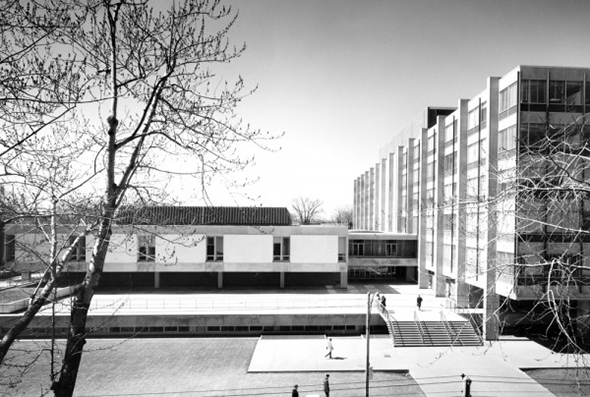
Most modernist buildings tend to garner mixed reviews today, but it's difficult to imagine what Toronto would look like without Parkin's mark.
Even the buildings that no longer remain served as touchstones for a generation of architects who continue to shape the city to this day.
Wikimedia Commons, Panda Associates fonds, dtah, Chuckman's Blog, and the Toronto Archives.
Latest Videos
Latest Videos
Join the conversation Load comments







